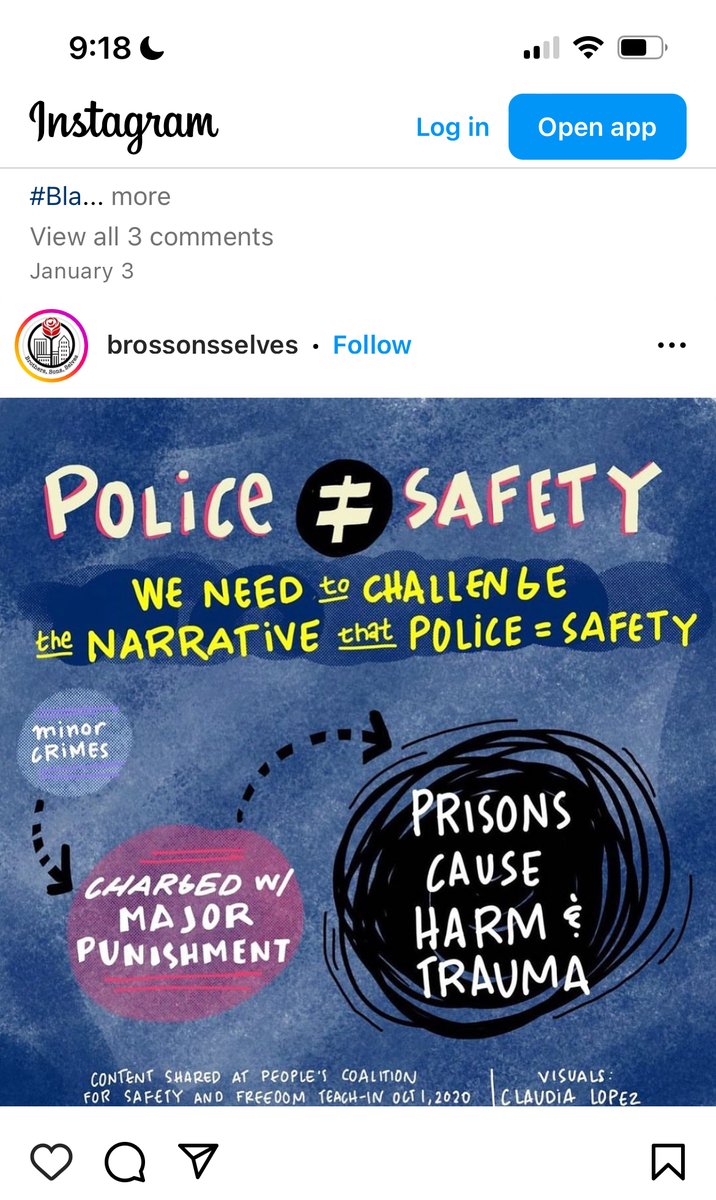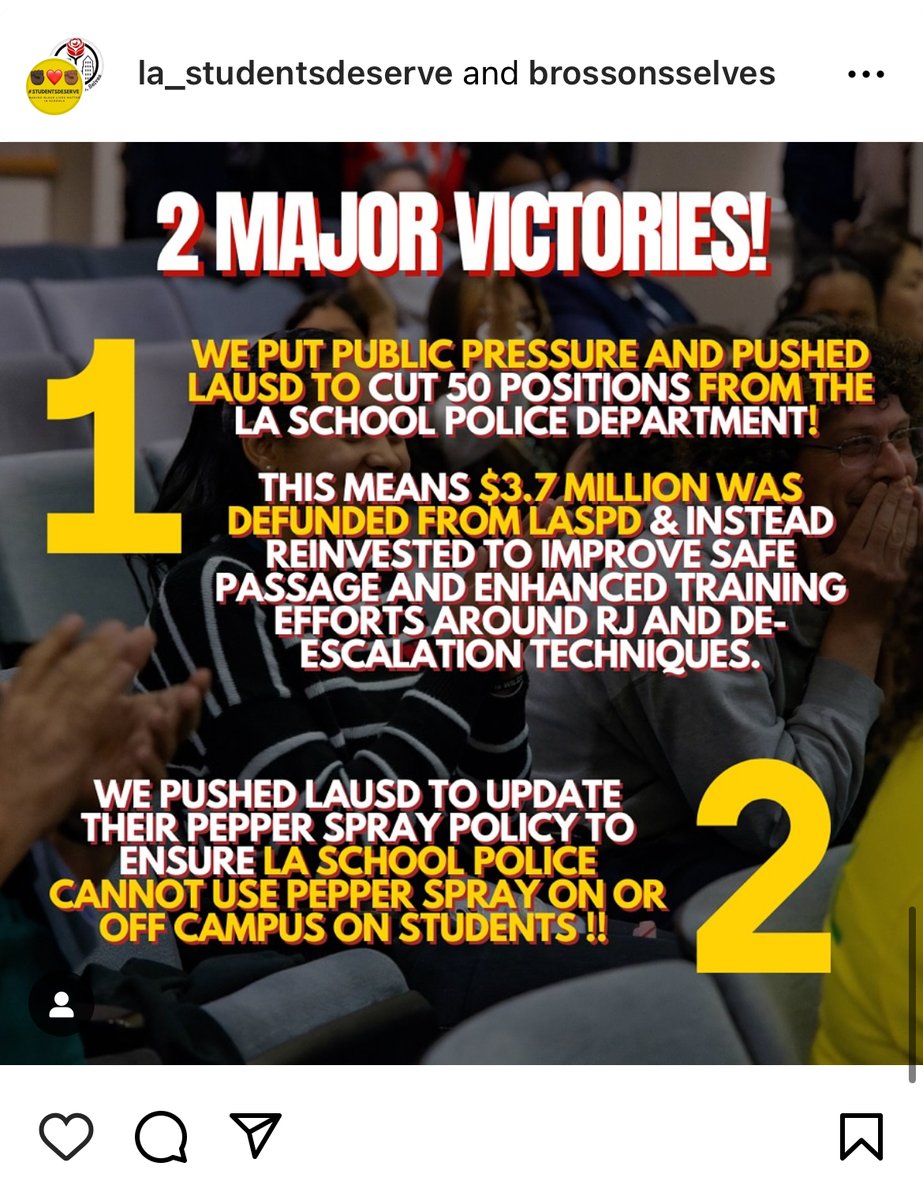
Professor @UAlbany, social scientist (public opinion, survey methodology, decision-making), outdoor enthusiast, Hufflepuff
How to get URL link on X (Twitter) App


 (2/2) ...its members with abolitionist messages. If you repeatedly expose youth to these messages (a few of the Coalition's social media posts are below), and then ask them how they feel about police, you are going in circles. They're going to tell you what you told them.
(2/2) ...its members with abolitionist messages. If you repeatedly expose youth to these messages (a few of the Coalition's social media posts are below), and then ask them how they feel about police, you are going in circles. They're going to tell you what you told them. 





 (2/6) There is publication bias in the literature of field studies on racial discrimination in hiring, as shown in our Appendix. Discrimination definitely exists. But it seems clear that null and negative findings have been left in the file drawer.
(2/6) There is publication bias in the literature of field studies on racial discrimination in hiring, as shown in our Appendix. Discrimination definitely exists. But it seems clear that null and negative findings have been left in the file drawer. 

https://twitter.com/MortenStostad/status/1577011738092138496(2/7) First, the titles of the sections (and subsections) on designing survey questions are uncomfortably close. Here are some section titles:



 (2/7) We know that sample size is negatively correlated with effect size in CJ experiments, when it shouldn't be, which is bad news: it suggests that whether studies are being written up depends on results being significant (which requires large effects in small samples).
(2/7) We know that sample size is negatively correlated with effect size in CJ experiments, when it shouldn't be, which is bad news: it suggests that whether studies are being written up depends on results being significant (which requires large effects in small samples). 

 (2/9) Most Black Americans live in fear of the police mistreating them. Few White Americans do so. In fact, the modal responses among Black and White respondents to most of the fear questions are mirror opposites: “very afraid” versus “very unafraid.”
(2/9) Most Black Americans live in fear of the police mistreating them. Few White Americans do so. In fact, the modal responses among Black and White respondents to most of the fear questions are mirror opposites: “very afraid” versus “very unafraid.” 

 (2/8) First, we review the evidence on the prevalence of QRPs and OSPs in other disciplines, besides criminology. Unfortunately, QRPs are common in all disciplines where scholars have looked.
(2/8) First, we review the evidence on the prevalence of QRPs and OSPs in other disciplines, besides criminology. Unfortunately, QRPs are common in all disciplines where scholars have looked. 

 (2/5) Altruistic fear of the police is also much higher among Blacks than Whites. For example, a majority (51%) of Blacks worry “often” or “very often” about their family members being hurt by the police, compared to only 9% of Whites.
(2/5) Altruistic fear of the police is also much higher among Blacks than Whites. For example, a majority (51%) of Blacks worry “often” or “very often” about their family members being hurt by the police, compared to only 9% of Whites. 